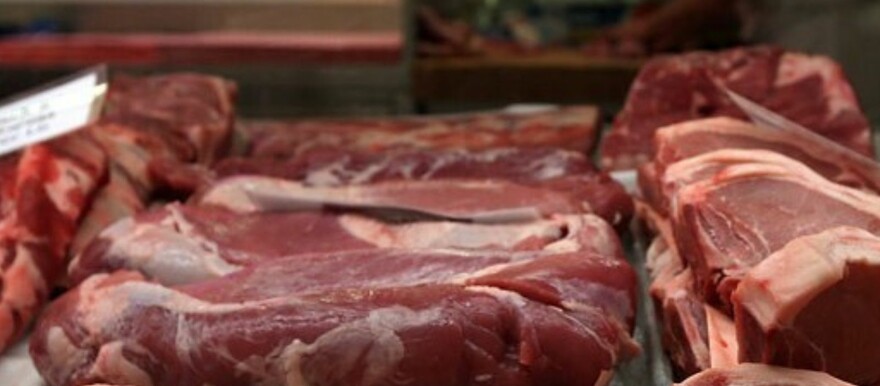Zalingei town in Central Darfur State is currently grappling with an unprecedented surge in meat prices. The cost of beef has skyrocketed to four to six thousand pounds per kilogram, while sheep meat is priced at approximately five thousand Sudanese pounds per kilogram.
Speaking to Radio Tamazuj Saturday, Fadul Zakaria, the owner of a local butchery, attributed the soaring meat prices to the limited availability of livestock in the city’s markets.
The recent transfer of livestock to Khartoum markets has resulted in a decreased supply in Zalingei, exacerbating the scarcity and consequently driving up prices in the local markets.
Zakaria anticipates a further increase in meat prices in the upcoming weeks, particularly as citizens prepare for the holy month of Ramadan. He noted that the current demand for meat is weak, and purchasing activity is on a continuous decline.
Yaqoub Tirab, another butcher, highlighted how the stagnant meat market activity has compelled shop owners to divide the meat from a single slaughtered animal among multiple butcheries. This measure aims to ensure the sale of the available quantity and prevent storage challenges, particularly in the absence of electricity.
Tirab emphasized that the elevated cost of livestock, coupled with the citizens’ limited income, has resulted in a surge in meat prices and a growing stagnation in the market. This trend is especially pronounced given the ongoing circumstances.
He pointed out that the export of meat to western neighbouring countries has notably increased during the current war, adversely affecting the prices of cows in Central Darfur.
Expressing his dissatisfaction with a touch of sarcasm, Al-Sadiq Mohammed, a local resident, stated that he has opted to forego purchasing meat, removing it entirely from his list of priorities.
Al-Sadiq further explained that the local community has similarly abandoned meat consumption, turning to alternative foods due to the current high prices and the constrained income of citizens in the country’s prevailing living conditions.
A conflict broke out in April last year between Sudan’s army chief Abdel Fattah al-Burhan and Mohamed Hamdan Daglo, his former deputy and commander of the paramilitary Rapid Support Forces. The conflict led to the deaths of thousands of people so far and sparked a humanitarian disaster.
According to the UN, at least 25 million people, more than half the population, need aid, including nearly 18 million who face acute food insecurity.




